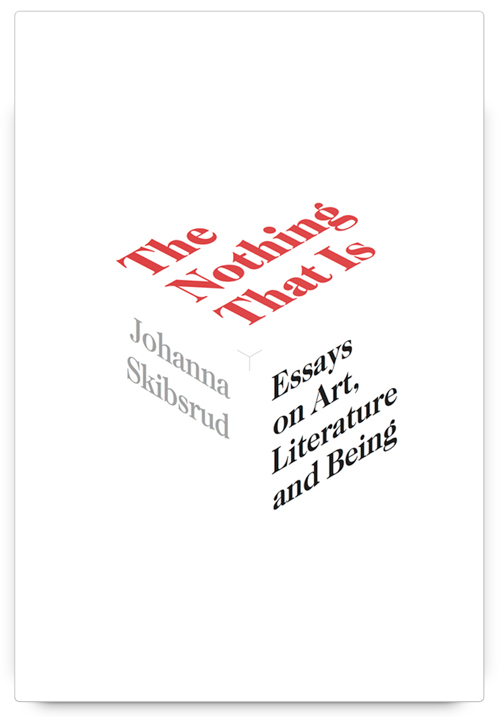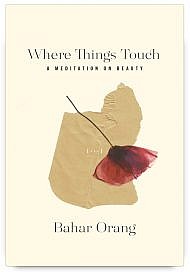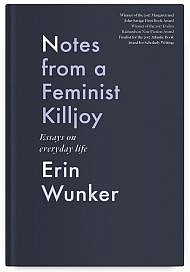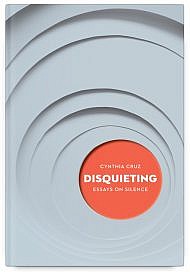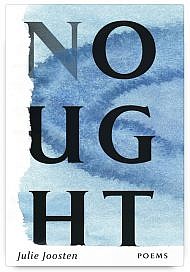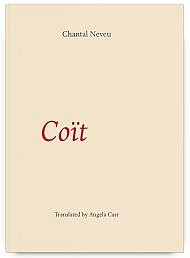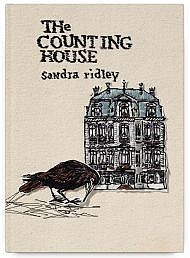Rather than making “something” out of “nothing,” what follows is an endeavour to express the potential of language and thought to encounter what is infinitely beyond both yet to be imagined.
In The Nothing That Is, Johanna Skibsrud gathers essays about the very concept of “nothing.” Addressing a broad range of topics—including false atrocity tales, so-called fake news, high-wire acts, and telepathy, as well as responses to works by John Ashbery, Virginia Woolf, Anne Carson, and more—these essays seek to decentre our relationship to both the “givenness” of history and to a predictive or probable model of the future.
The Nothing That Is explores ways in which poetic language can activate the possibilities replete within our every moment. Skibsrud reveals that within every encounter between a speaking “I” and what exceeds subjectivity, there is a listening “Other,” be it community or the objective world.
Praise for The Nothing that Is:
“Skibsrud adds brilliantly to what we can know of poetry. By entering into the words of Woolf, Oppen, Stephens, Rukeyser, Carson and others, and thinking in our presence, she gives us the experience of touch and beauty and the poem. A friend to Burke’s sublime and to Pato’s at the limit, this book urges us to receive poetry’s “nothing,” for here an abundance lives. Put The Nothing That Is into the hands of whoever is puzzled by or afraid of poetry, into the hands of whoever teaches it!” —Erín Moure
“Why do I find Skibsrud’s consideration of Nothing essentially hopeful? Because her approach to the possibilities of thinking Nothing arise out of, and include, the despair of Celan’s babble – which is to say the incomprehensible, a place where all known structures, including language, have fallen away. Skibsrud invites us to participate in the very human process of re-seeing and remaking the world; she challenges us to venture with her into the unknown, where experience and language empty themselves, then create themselves anew.” —Sam Ace, author of Our Weather Our Sea
“At some point in my relationship with The Nothing That Is I began to forget that I was reading a collection of essays on art, language, and being, and began, instead, to believe that I was reading a guidebook on how to approach and appreciate outer space. Because, in her recuperative and intimate readings of the often despairing, always life-affirming schisms between what is expressed and what remains inexpressible, Johanna Skibsrud has written a manifesto of liminal, reverberative space, as essential to our understanding of poetry and art, as to that of black holes and the Milky Way.” —Brandon Shimoda, author of The Grave on the Wall
Praise for Johanna Skibsrud:
“It is exhilarating to join a writer working at these bracing heights.”
—Washington Post
Press Coverage:
Fall 2019 Announcements: Essays & Literary Criticism —Publishers Weekly
Fall Books Preview 2019: Poetry, Literature, and Cultural Studies —Quill and Quire
Most Anticipated: 2019 Fall Nonfiction Preview —49th Shelf
What We’re Reading: Editors’ Picks Part One, Fall 2019 —Hamilton Review of Books
Fall Books Preview: 52 Reads to Watch For This Season —Becky Toyne, The Globe and Mail
What’s On Our Pop Culture Radar This October —Elle Canada
Can Language Be Understood as a Spiritual Medium?: Read an Excerpt from The Nothing That Is —Lit Hub
“Skibsrud’s work considers ideas as large as time and death, and lingers gracefully on how literature knits with human life. Plenty of writers swimming among such big concepts have been lost at sea, but Skibsrud sails through with confidence.” —Katharine Coldiron, BOMB Magazine
“The Nothing That Is succeeds, primarily, as an argument for the potential of art and literature — and an invitation for readers to realize that potential for themselves.” —John Nyman, Broken Pencil
New England Literary News —
“The Nothing That Is signals Skibsrud’s versatility as a poet and writer who is able to winnow and subvert theoretical concepts for ambitious reinvention.” —Shazia Hafiz Ramji, Quill and Quire
Morning Bites: Translating “From the Shadows,” Lynda Barry, Rion Amilcar Scott Fiction, Johanna Skibsrud, and More —Vol.1 Brooklyn
“There’s nothing like The Nothing That Is. In these Essays on Art, Literature and Being, Johanna Skibsrud set herself a daunting task: To search for what hasn’t yet been imagined. And in doing so, she found nothing less than imaginative new ways of being.” —Lanie Tankard, Woven Tale Press
Visual Histories: Metzger, Paterson, and the Cartography of Lyric Time: An Excerpt from The Nothing That Is —Full Stop
JOHANNA SKIBSRUD is a novelist, poet and Assistant Professor of English at the University of Arizona. Her debut novel, The Sentimentalists, was awarded the 2010 Scotiabank Giller Prize, making her the youngest writer to win Canada’s most prestigious literary prize. The book was subsequently shortlisted for the Commonwealth Book Award and is currently translated into five languages. The New York Times Book Review describes her second novel, Quartet for the End of Time (2014), as a “haunting” exploration of “the complexity of human relationships and the myriad ways in which identity can be malleable.” Johanna is also the author of a third novel, Island (2019), two collections of short fiction, a children’s book, and three books of poetry. Her latest poetry collection, The Description of the World (2016), was the recipient of the 2017 Canadian Author’s Association for Poetry and the 2017 Fred Cogswell Award.
Additional information
| Dimensions | 9 × 6 in |
|---|

